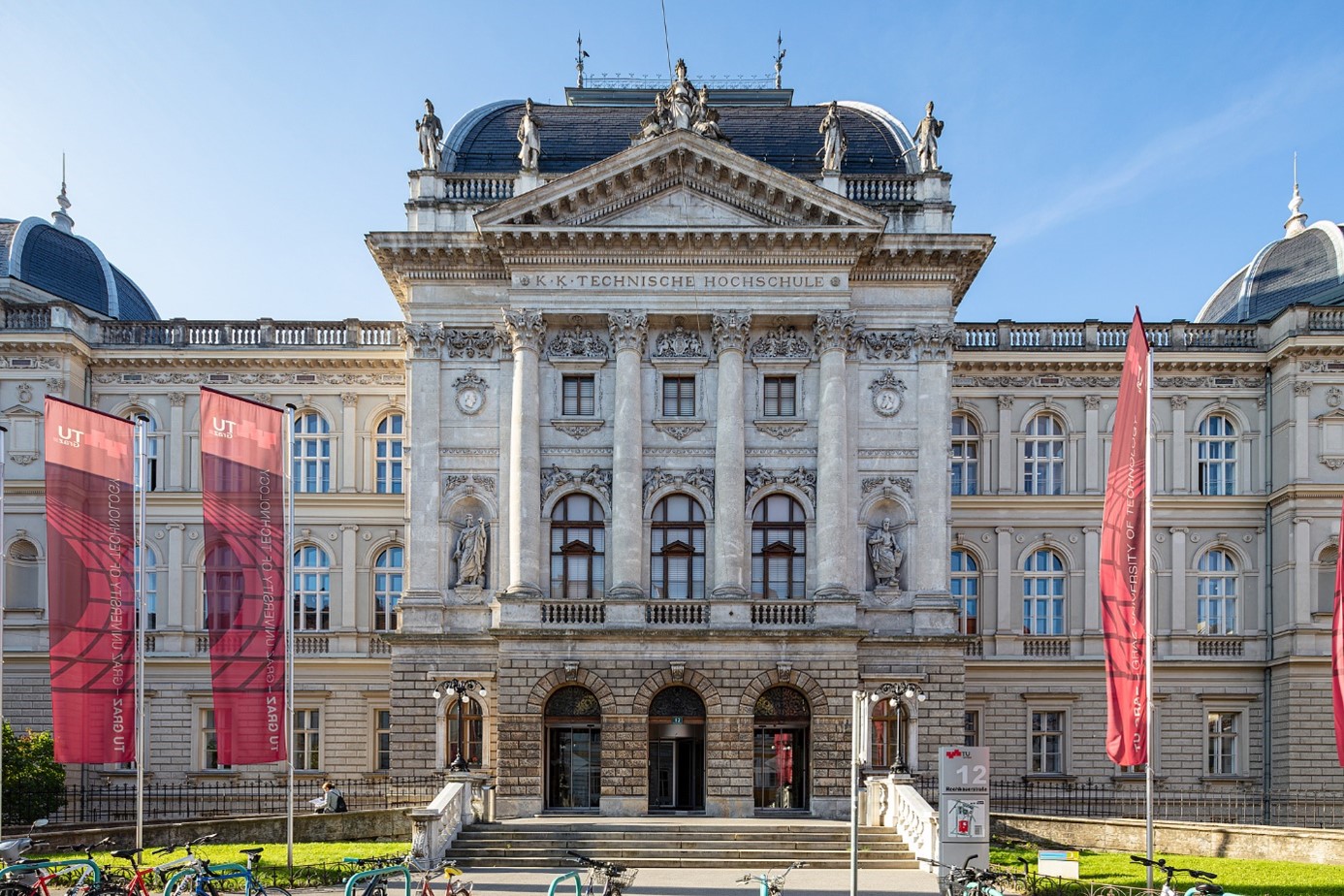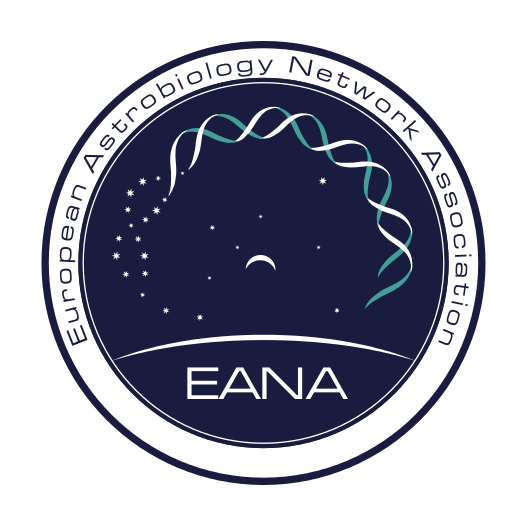EANA 2024 Conference
Plese log in first to access the internal EANA 2024 page for registration and abstract submission.
In the heart of the city, there’s Schlossberg mountain, on top of which a fortress used to perch in the 11th century. Looking down from there over the city roofs, you can see buildings from the Romanesque, Gothic, Renaissance, Baroque, Historism, and Art Nouveau eras. What you can’t see, though, are the romantic lanes and the hidden courtyards of the Italian-style palazzi.
The history of Graz as a university town goes way back to the 16th century. The city’s many universities and institutions of higher education still attract students from all over the world. Numerous research institutes and innovative companies make Graz a city of knowledge, solidifying its excellent reputation as a congress city. Almost 60,000 students at four universities and two colleges make Graz a genuine university city.
Here you can find brochures provided by the city of Graz:

Founded by Archduke Johann in 1811, TU Graz can look back on more than 200 years of full development, change and progress. Today, the TU Graz consists of seven different faculties on three different campus location spread over Graz. The university has divided its research into five Fields of Expertise: Advanced Materials Science, Human & Biotechnology, Information, Communication & Computing, Mobility & Production, and Sustainable Systems.
The venue of EANA 2024 will be the "Alte Technik", which was the original building of the new Imperial and Royal Technical College built in the 1880s. The lecture room will be Hörsaal I (HS I), and the poster boards will be located in Hörsaal II (HS II). In the Foyer, which connects the two lecture halls, the registration desks will be located and the coffee breaks will be served.
As the "Alte Technik" is located close to the city centre, there are various bars, restaurants, and even a farmer’s market ("Kaiser-Josef Markt") within walking distance.


Welcome |
Code of conduct |
Register |
Abstracts and travel grants
|
Space Factor
Conference programme | Social events | Venue | Access and accommodation
Conference programme | Social events | Venue | Access and accommodation
Graz
Graz is Austrian’s second largest city and the capital of Styria. As an UNESCO World Heritage Site and City of Design, Graz offers a fascinating mix of tradition and innovation. Graz used to be a residence city of the Habsburgs, and that is obvious with every step, but it is also a place of modern architecture. In addition, Graz was crowned Austria’s first "Capital of Delight" in 2008.In the heart of the city, there’s Schlossberg mountain, on top of which a fortress used to perch in the 11th century. Looking down from there over the city roofs, you can see buildings from the Romanesque, Gothic, Renaissance, Baroque, Historism, and Art Nouveau eras. What you can’t see, though, are the romantic lanes and the hidden courtyards of the Italian-style palazzi.
The history of Graz as a university town goes way back to the 16th century. The city’s many universities and institutions of higher education still attract students from all over the world. Numerous research institutes and innovative companies make Graz a city of knowledge, solidifying its excellent reputation as a congress city. Almost 60,000 students at four universities and two colleges make Graz a genuine university city.
Here you can find brochures provided by the city of Graz:
- Graz, true love
- Sights of Graz
- Museums and galleries
- Eat, drink, enjoy
- Graz city + public transport map
"Alte Technik" at the Graz University of Technology
Address: Rechbauerstraße 12, 8010 Graz
Founded by Archduke Johann in 1811, TU Graz can look back on more than 200 years of full development, change and progress. Today, the TU Graz consists of seven different faculties on three different campus location spread over Graz. The university has divided its research into five Fields of Expertise: Advanced Materials Science, Human & Biotechnology, Information, Communication & Computing, Mobility & Production, and Sustainable Systems.
The venue of EANA 2024 will be the "Alte Technik", which was the original building of the new Imperial and Royal Technical College built in the 1880s. The lecture room will be Hörsaal I (HS I), and the poster boards will be located in Hörsaal II (HS II). In the Foyer, which connects the two lecture halls, the registration desks will be located and the coffee breaks will be served.
As the "Alte Technik" is located close to the city centre, there are various bars, restaurants, and even a farmer’s market ("Kaiser-Josef Markt") within walking distance.



